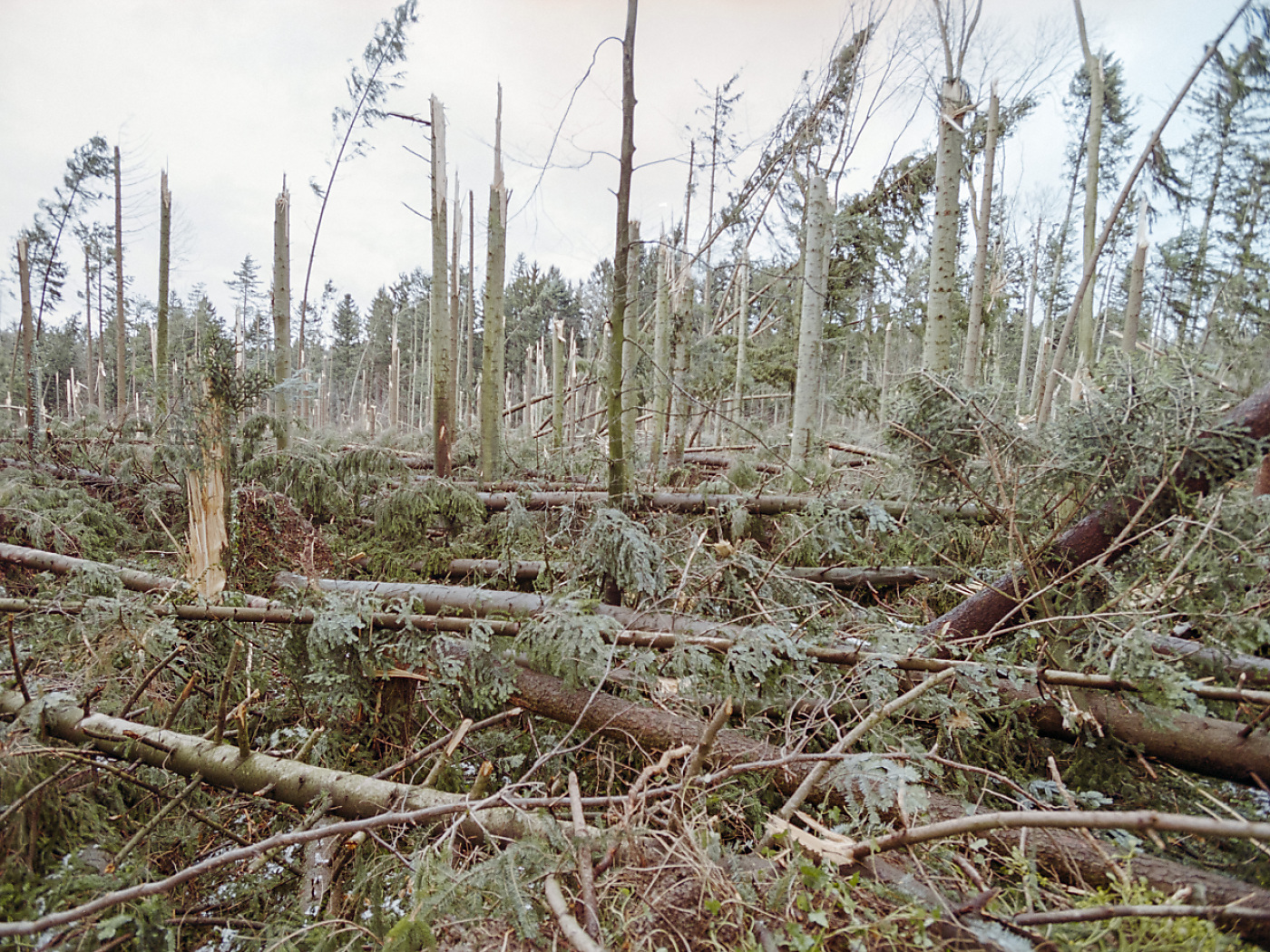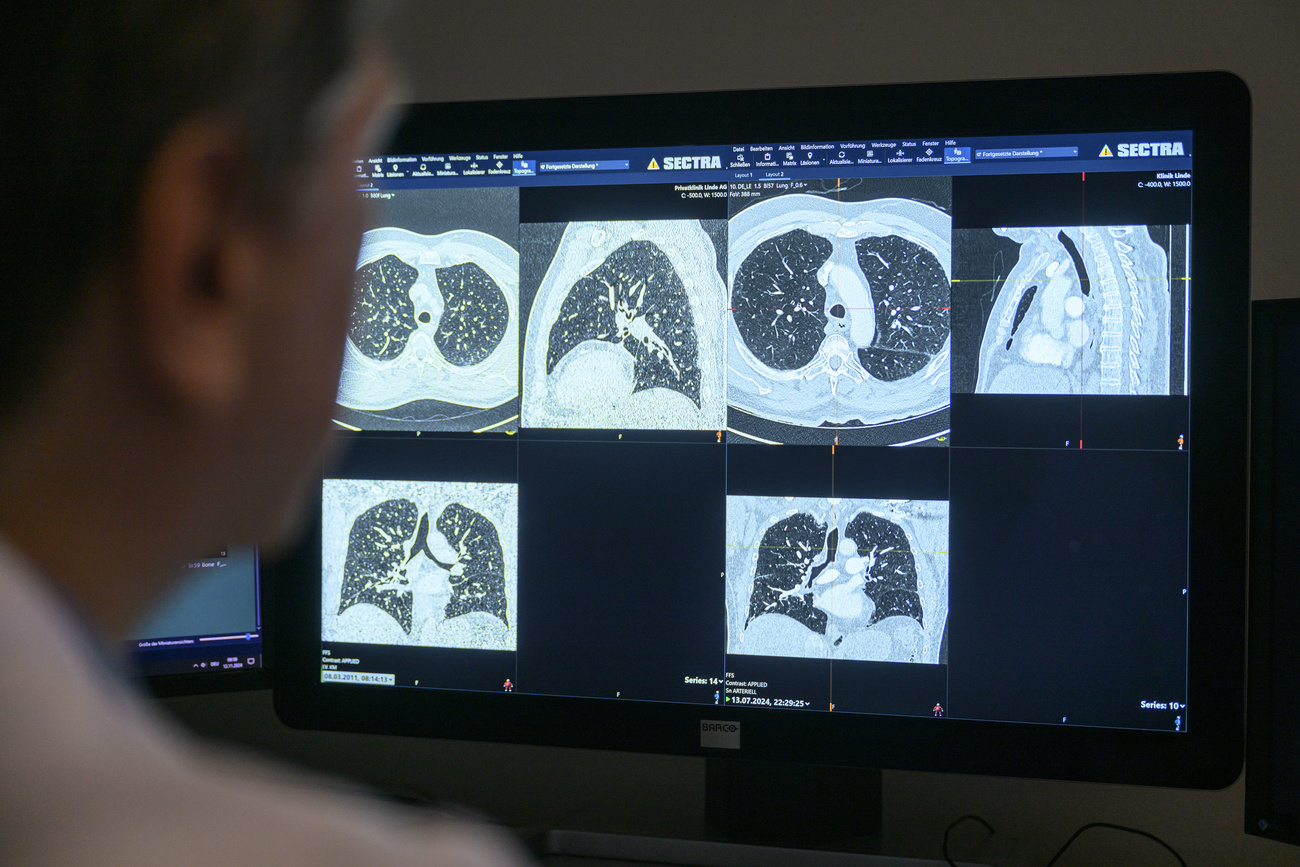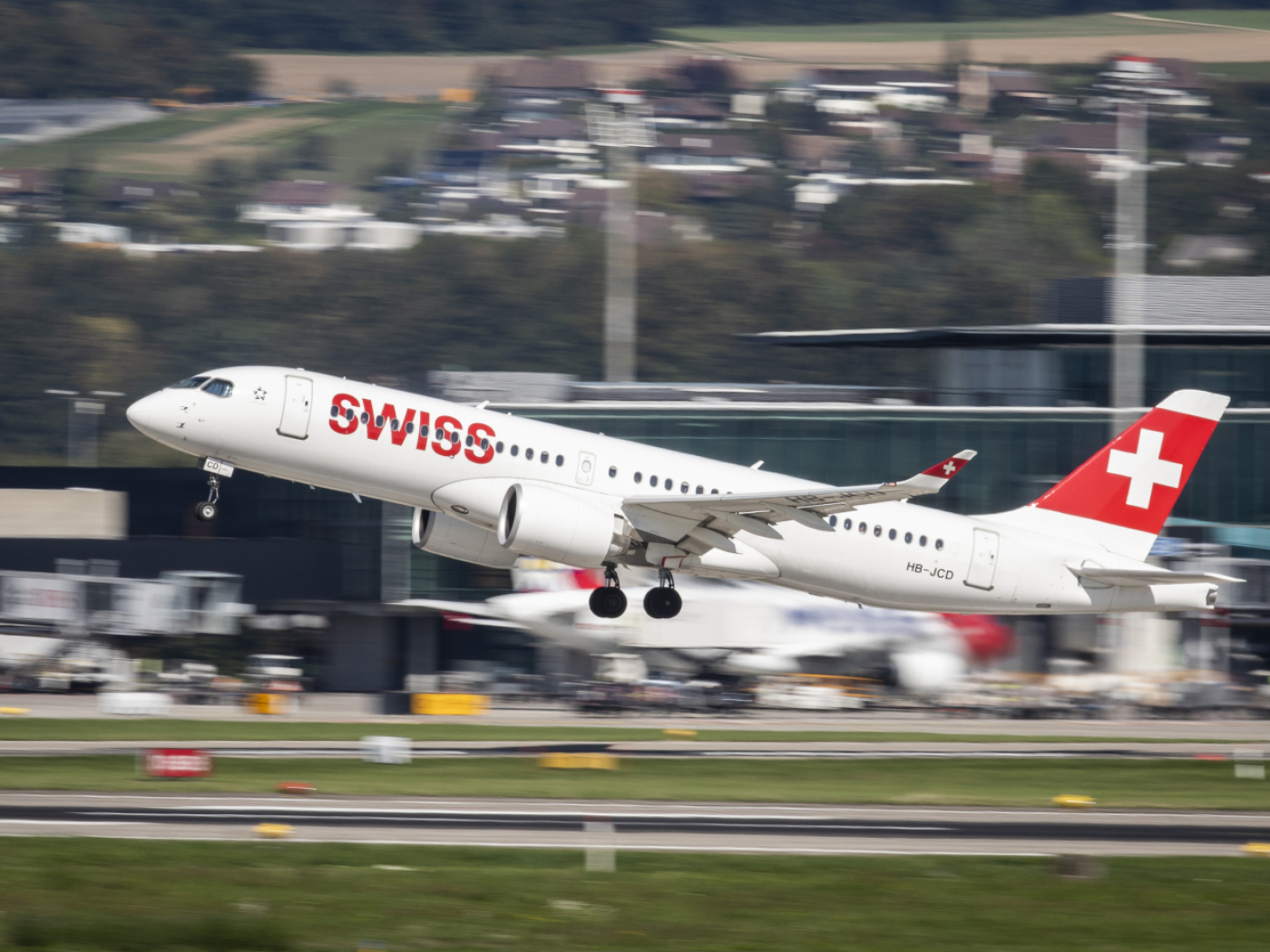Swiss LGTBIQ helpline: attacks more than doubled in 2023

On Friday, three organisations who jointly operate a Swiss helpline drew attention to the big increase in reports and called for appropriate action.
In 2023, 305 cases of verbal abuse or attacks against lesbian, gay, bisexual, trans, intersex or queer (LGBTIQ) people were reported to the Swiss LGBTIQ Helpline – more than twice as many as in 2022.
The rapid increase shows that the more LGBTIQ-hostile climate in the media and politics has real consequences for the safety of such people in Switzerland, said Transgender Network Switzerland (TGNS), the Lesbian Organisation Switzerland (LOS) and the organisation Pink Cross, which jointly operate the helpline.
+ Read more: when voters said “yes” to same-sex marriage
Most reports from Zurich
The helpline has been recording reports of such “hate crimes” since 2016, the associations said. The aim is to visualise the extent of violence and discrimination since, as they noted, Swiss authorities do not collect comprehensive national statistics on the issue.
Just 61 reports were received in 2020, compared to 92 in 2021, 134 in 2022 and 305 in 2023. Almost 70 of the cases last year involved verbal abuse or insults, either experienced or observed; 64 people suffered physical violence.
Almost half of all reported cases (131) came from canton Zurich. As in the previous year, this was followed by Bern (36), St Gallen (27), Aargau (22) and Vaud (14). Only 15% of such incidents were reported to the police.
Bern event
On Friday morning, the three groups also drew attention to the “intolerable situation” with a campaign called “305 voices against hate” on parliament square in Bern. The demonstration involved 305 telephones ringing simultaneously, symbolising the number of messages received by the helpline in 2023.
In a press release, the organisations described their campaign as a “wake-up call”. Politicians need to do more, they said, and broad prevention and awareness-raising measures are needed in society. It was further noted that training for law enforcement agencies and victim support centres is needed.
There is also a lack of funding for counselling and support services for those affected, the associations pointed out, noting that almost all of the services offered by LGBTQ umbrella organisations depend on donations and are “precariously financed”.
Adapted from German by DeepL/kc,dos
This news story has been written and carefully fact-checked by an external editorial team. At SWI swissinfo.ch we select the most relevant news for an international audience and use automatic translation tools such as DeepL to translate it into English. Providing you with automatically translated news gives us the time to write more in-depth articles.
If you want to know more about how we work, have a look here, and if you have feedback on this news story please write to english@swissinfo.ch.

In compliance with the JTI standards
More: SWI swissinfo.ch certified by the Journalism Trust Initiative


















You can find an overview of ongoing debates with our journalists here . Please join us!
If you want to start a conversation about a topic raised in this article or want to report factual errors, email us at english@swissinfo.ch.